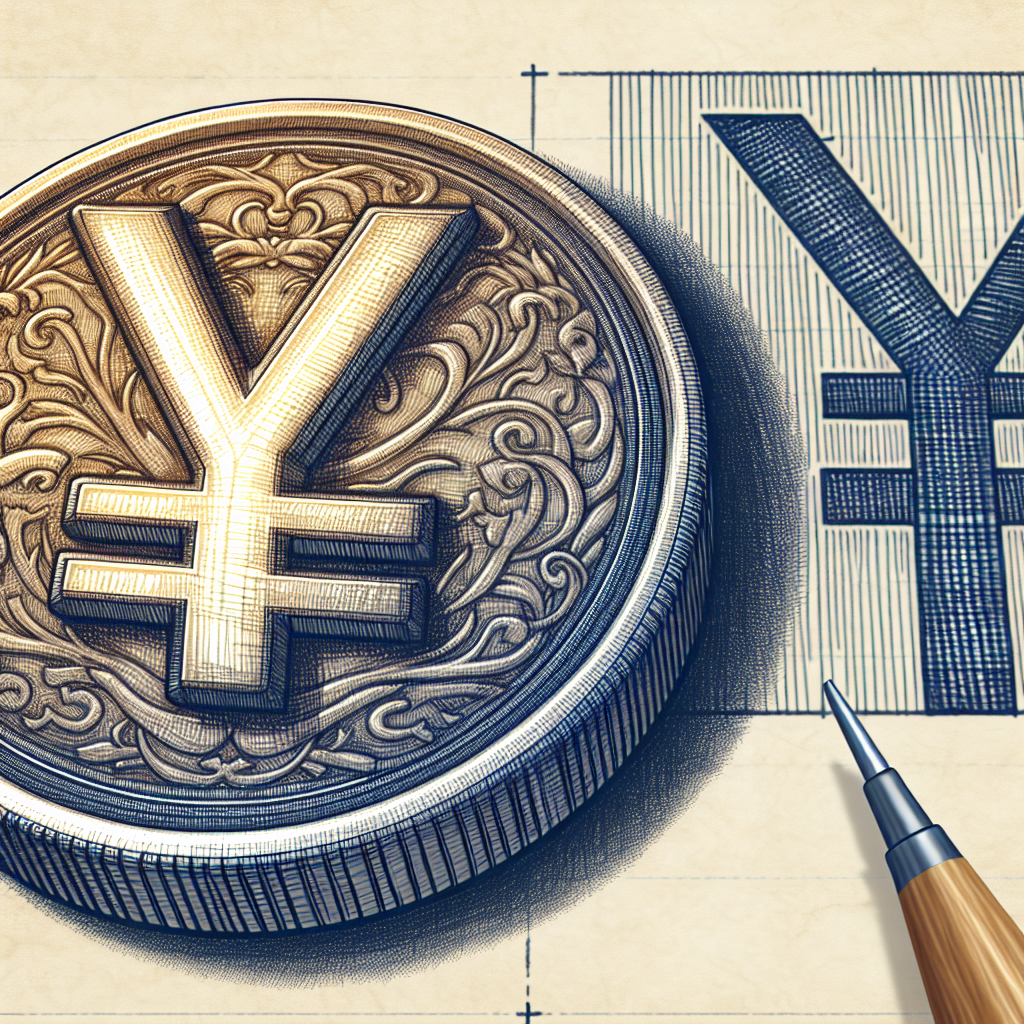Yen Turmoil: European Traders on Alert
European traders face a volatile yen, leading to market nerves. The Japanese currency's swings, influenced by potential Bank of Japan interventions, coupled with U.S. inflation data, have drawn attention. Uncertainty persists with upcoming low liquidity due to Japan's national holiday.

European traders are bracing for a volatile day in the markets on Friday, primarily driven by sudden fluctuations in the yen. The Japanese currency's unpredictable movements have puzzled investors, with speculation about potential Bank of Japan (BOJ) interventions.
In the early Asian session, the yen swung wildly between gains and losses. Traders grappled with whether these movements were orchestrated by Tokyo. Reports from the Nikkei newspaper suggested the BOJ conducted rate checks with banks on the euro against the yen, adding more fuel to the fire. This followed Thursday's suspected yen-buying intervention after U.S. consumer inflation data showed a more significant cooling than expected.
The lack of clear communication from authorities added to the uncertainty. Thursday's yen spike came right after the U.S. inflation data, initially thought to be due to options-related activity. However, the significant and rapid fluctuations hinted at possible Japanese intervention, a sentiment echoed by local media.
Recent history shows that interventions' effects are often short-lived, making Thursday's movement a well-timed strategy by Tokyo. Previously, questions rose about Japan's inactivity in currency markets after April-May interventions, especially as the yen hit 38-year lows. But Thursday's developments have traders on edge again, particularly with Japan's upcoming national holiday, which could mean lower liquidity and another chance for Tokyo to act.
The yen conversation provided a temporary distraction from the bigger story of U.S. interest rates. A Federal Reserve rate cut in September is nearly certain, with Fed Chair Jerome Powell hinting at an easing cycle due to the U.S. economy cooling down.
In the political arena, President Joe Biden's recent gaffes, mixing up Kamala Harris and Donald Trump, and confusing Ukrainian and Russian Presidents, highlighted the turmoil. Meanwhile, China's customs data showed a rise in exports but a fall in imports, reflecting ongoing economic recovery challenges.
Key market-moving events on Friday include Germany's wholesale price index and France's CPI data.
(With inputs from agencies.)
ALSO READ
Dollar Dips Amid Federal Reserve Rate Cut Anticipation
Dollar Steadies Amid Key U.S. Inflation Data Anticipations
Powell’s Twin Pivots: The Federal Reserve’s September Watchdates
Federal Reserve's Bostic Considers Rate Cuts Amid Economic Shifts
Tech Stocks Surge As Federal Reserve Rate Cut Expectations Rise










